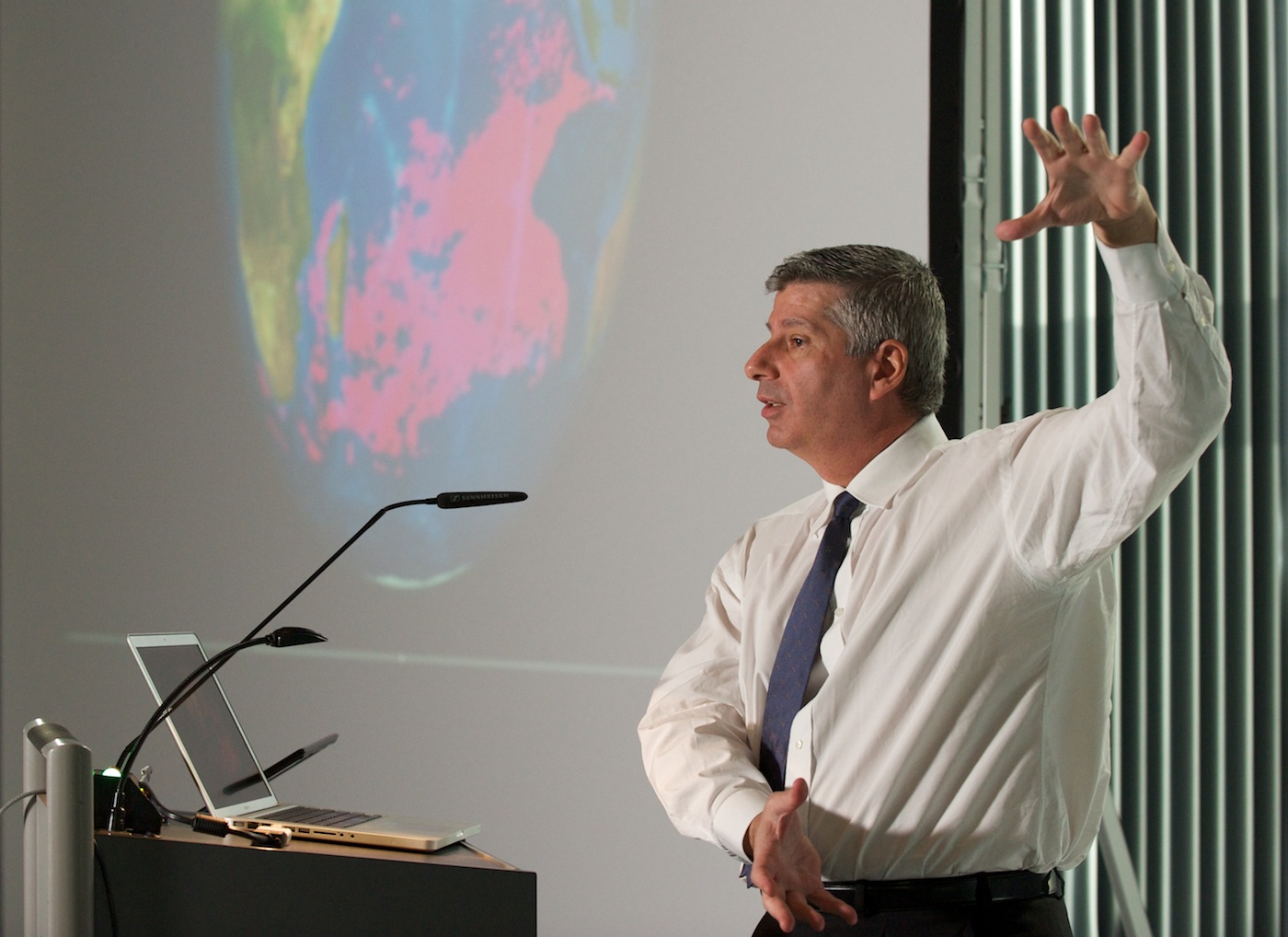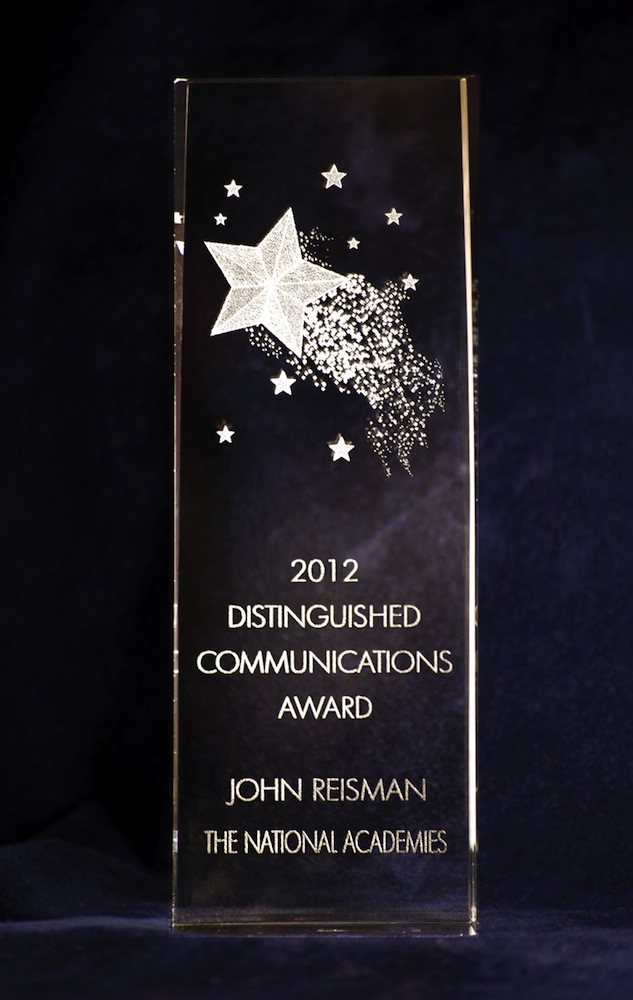John P. Reisman
Founder of OSS Foundation: Focus in analysis and system science and critical global issues. For decades John has pushed for better communications in order to help people understand the things we hear from varied media outlets. Most importantly he is focused on assuring we get a more accurate understanding when media stories don’t get things right. Misinformation and disinformation is now omnipresent and proliferating through media systems and in social networks. Better understanding leads to better policy; and better policy leads to a better future.

John P. Reisman worked at the University of the World with Dr. James Grier Miller, Author of Living Systems Theory and Dr. Martin Chamberlain, doing research in educational systems. While at the university, he wrote a simplified systems theory for understanding general systems operation and dynamics, while developing a methodology to help understand the health of a given system. He worked, with the assistance of Dr. Jonas Salk, developing The Learning Center/PATH Project, which was presented to the US Department of Education and EDUCOM (North American Inter-university Network) and developed the TLC/PATH project for the Reagan administrations, ‘School 2000’ project.
Leading a dual career path between systems analysis and business including media production, schema design and advisory functions for businesses, governments, and institutions. Foundation work is focused on critical global issues.
More recently he has conducted research, analysis and development efforts in energy efficient urban and industrial structures and was awarded a patent for a time management system. John enjoys working with entrepreneurs and companies to increase efficiency and effectiveness in all areas of function. Finding a better way to get things done is a key. Additional areas of focus include innovation in information technology structuring and effective/efficient organizational development.
John studied electronic and production engineering early in his career and worked in the media industry and for the Department of Defense (AFRTS) while living at the NATO base in Iceland. After 9/11 he worked with Homeland Security to help bring the TSA security force up to speed; and then moved into science communications and information technology.
He enjoys writing, and examining systems interaction and dynamics. Most recently focusing work on climate, energy, psychology and economic systems, as well as synergies and inter-dynamic relationships in these areas.
John was awarded the Distinguished Communications Award from the National Academies in 2012 for directing the movie ‘Climate Change: Lines of Evidence’. He continues to explore the evidence pertaining to human understanding of science in climate change, economics, and psychology in order to more fully understand and communicate facts while reducing fictions that are too often embraced by a public confused by disinformation.

Climate, Economics, Security & Psychology
John’s communication efforts focus on the relevance of understanding confluence issues related to climate change in order to highlight relevant areas of importance including what climate change means to our economy as well as how important energy is in enabling a healthy transition to a new energy economy. Related issues include food security, geopolitical stability and why it is important to not merely believe in climate change, but rather to understand it, so that our decisions achieve strong relevance.
Focus
Understanding the economics is most challenging when engineering solutions pertaining to climate change. Our attention needs to span resource capacity and change while including uncertainty. This, in relation to global needs, consumption, security provides a challenging field of inquiry for planning. New technology is required for energy infrastructure transition while simultaneously weighing future costs of climate change in relation to current infrastructure. To top off this cake we also need to consider the realm of politics and human psychology in order to understand what it will take to direct policy in a manner that provides greater benefit as opposed to greater loss. The risk of adopting inappropriate policy that reduces ‘future’ benefit in what may be a more precarious economy is also a consideration. All in all we must take on the challenge and navigate the course in an economically feasible manner so as not to reduce economic capacity, which may reduce solution development capacity.
